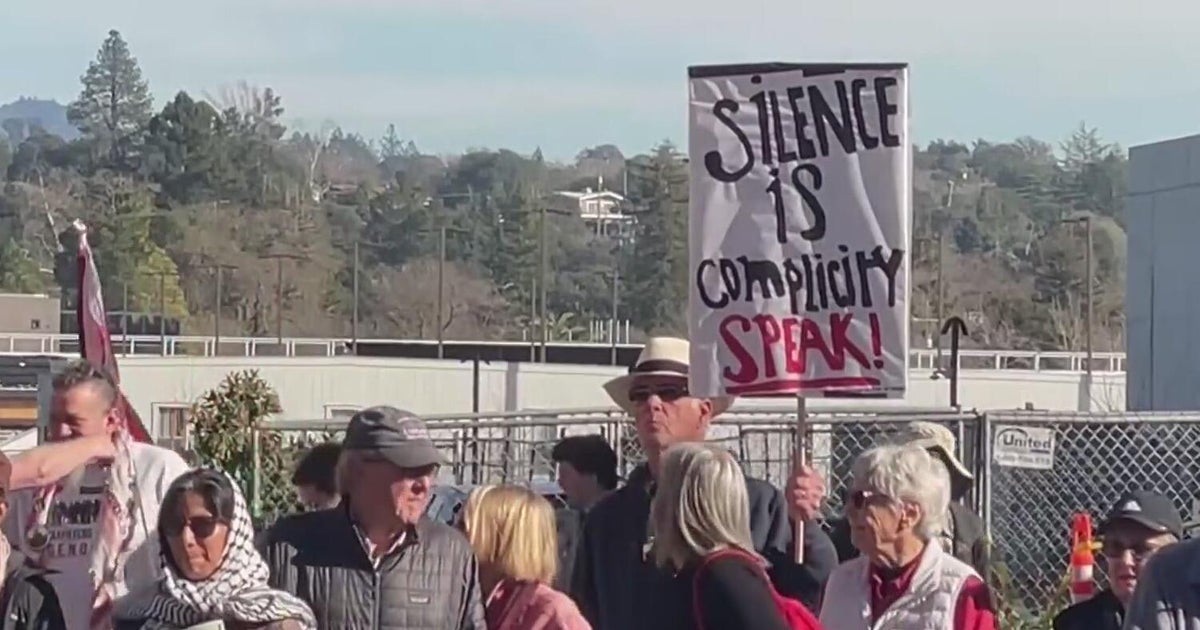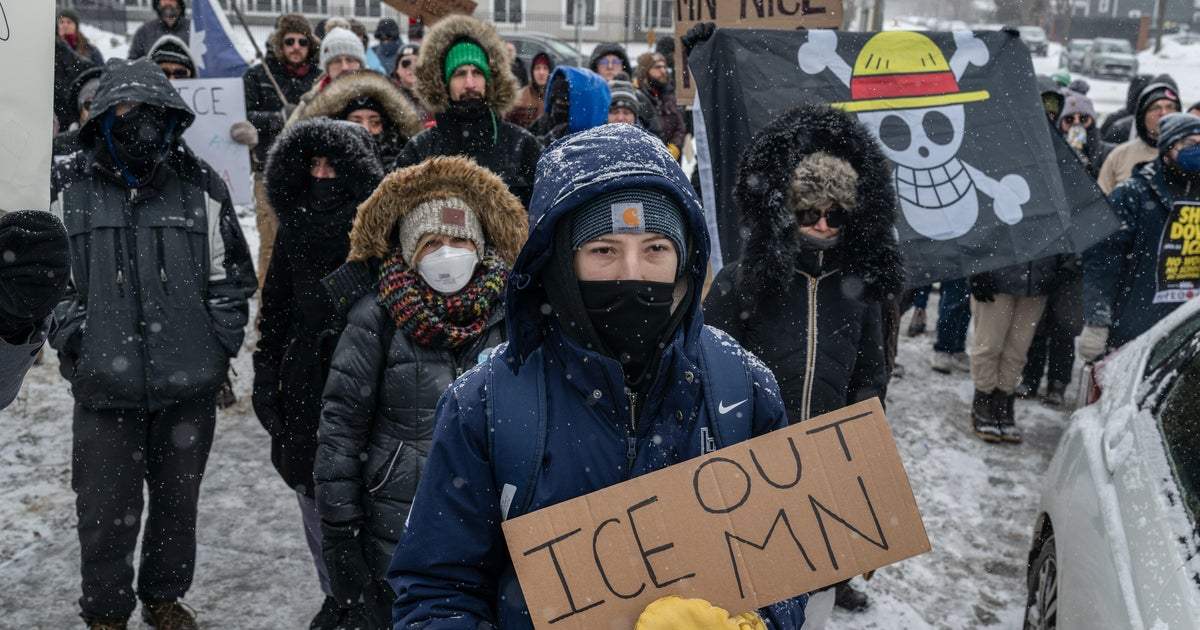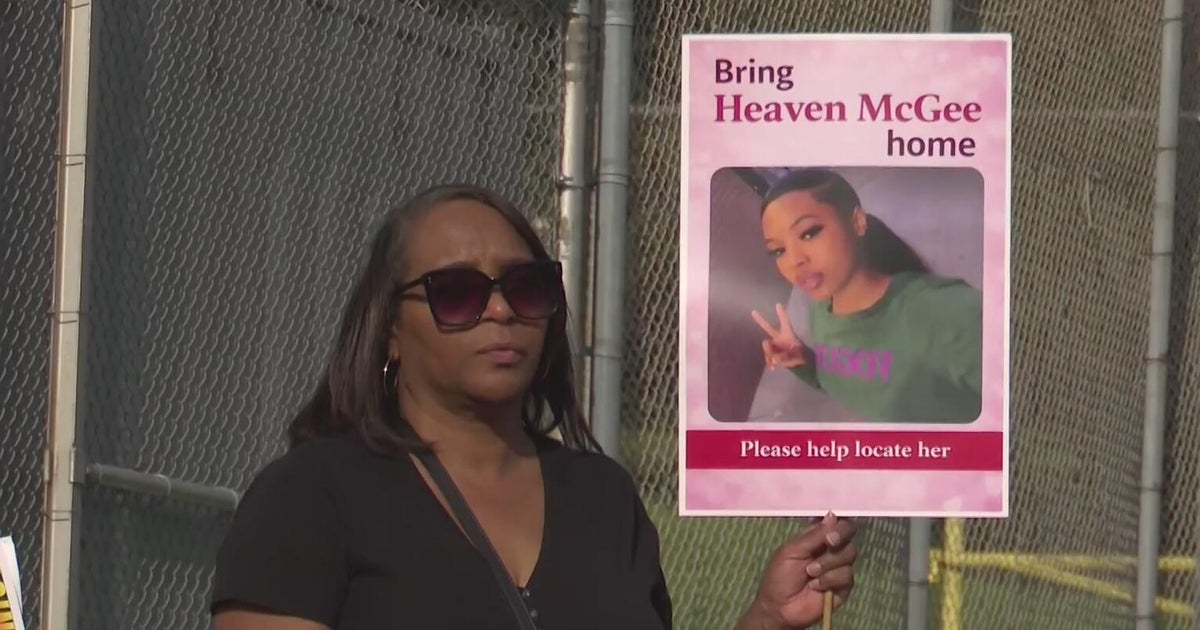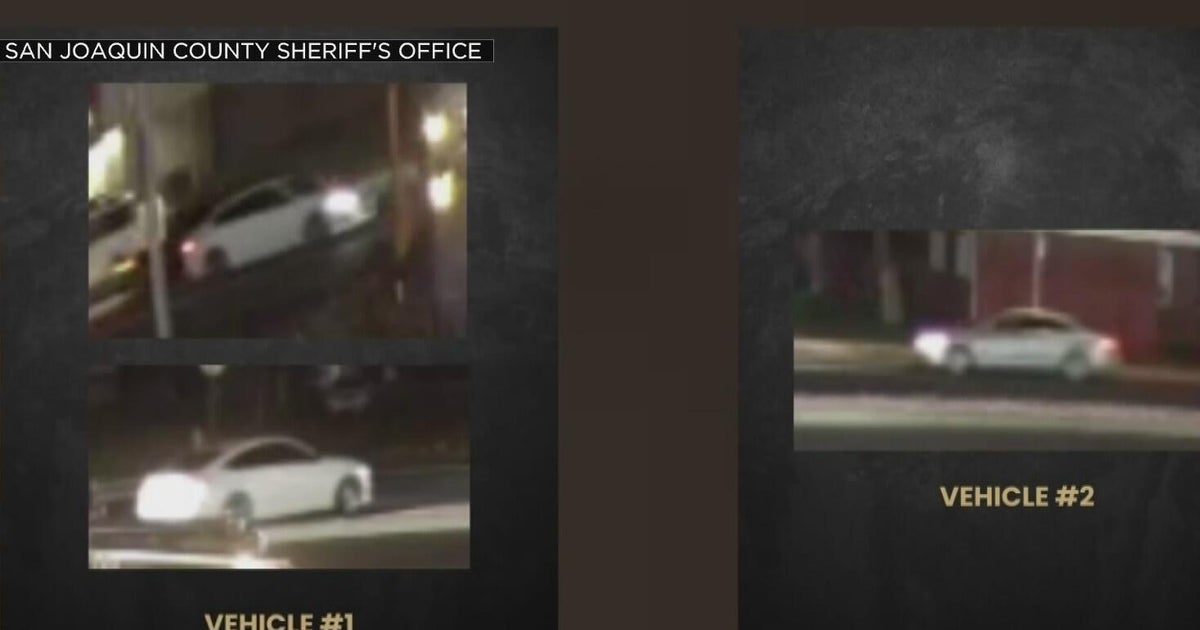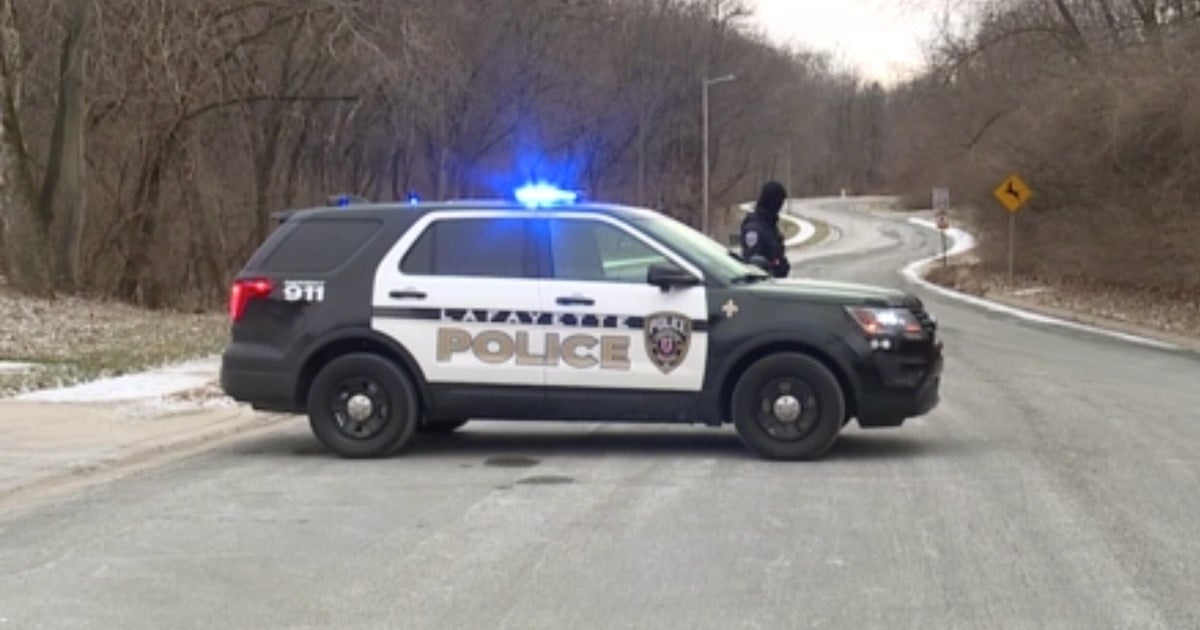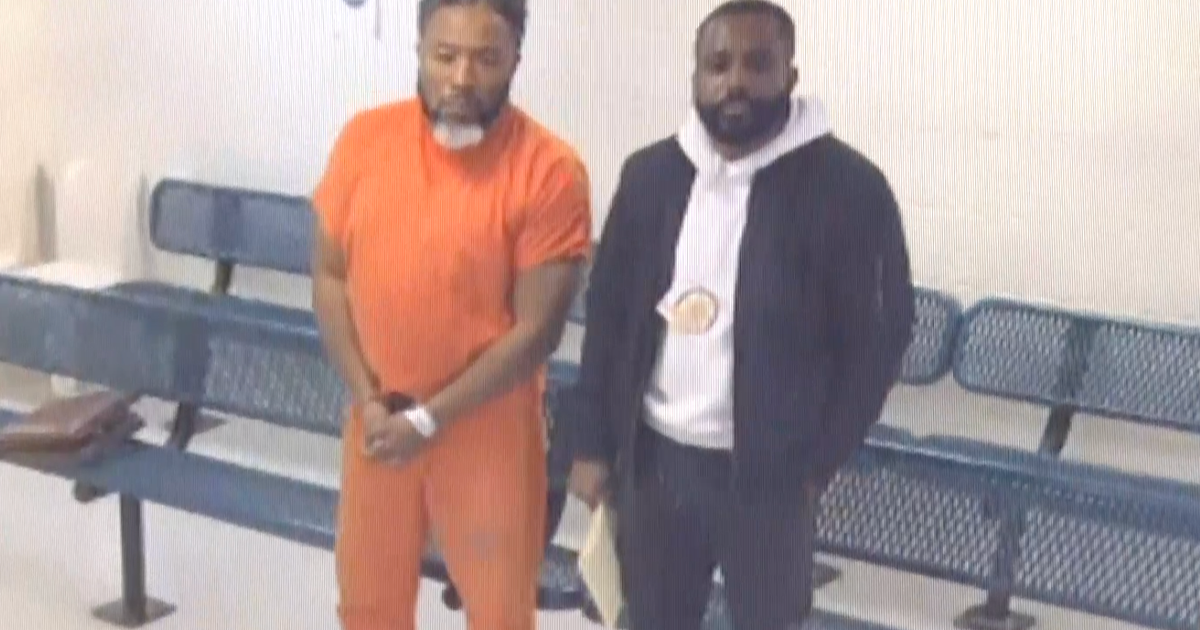Most Bay Area Clerks Dispute New Challenge By Same-Sex Marriage Foes
SAN FRANCISCO (CBS SF) – Twenty-four county clerks, including several from the Bay Area, weighed in with the California Supreme Court on Monday to say they believe they should continue licensing same-sex marriages, which resumed in the state three weeks ago.
One other—San Diego County Clerk Ernest Dronenburg—told the court he doesn't believe he should do so.
The clerks' filings with the court in San Francisco came in response to the first of two lawsuits submitted to the panel in the past 10 days by opponents of same-sex marriage.
Both lawsuits ask the court to grant a hearing on their claim that Proposition 8, a 2008 voter-approved ban on same-sex marriage, is still valid in most of the state.
One lawsuit was filed by the sponsors of Proposition 8 on July 12 and the second was filed by Dronenburg on July 19. Both contend that a federal trial court injunction prohibiting enforcement of Proposition 8 applies only to two couples who challenged the measure in court.
Gay and lesbian marriages resumed in the state on June 28, two days after the U.S. Supreme Court dismissed an appeal by the Proposition 8 sponsors and thereby left the injunction in place.
Monday was the deadline for filing opposition to the sponsors' lawsuit. The state high court turned down their bid for an immediate stay of the weddings last week, but is still considering their request for a hearing and a long-term order blocking the marriages.
The 24 clerks favoring licensing, who signed on to one or more of four separate briefs, argue that the 2010 injunction by U.S. District Judge Vaughn Walker of San Francisco applies statewide.
They also say that state Registrar Tony Agurto had statewide authority over county clerks when, at the behest of Gov. Jerry Brown and Attorney General Kamala Harris, he instructed clerks to resume issuing gay marriage licenses on June 28.
"Counties have no independent authority over marriage" and "county clerks are subordinate to the state with respect to the administration of marriage laws," wrote Monterey County Counsel Charles McKee on behalf of 20 clerks.
McKee warned that allowing counties to have different rules for marriage could lead to "practical and legal absurdities" and a possible "onslaught of further civil rights lawsuits against counties."
Bay Area counties whose clerks signed on to one or more of the briefs include Alameda, Contra Costa, Monterey, Napa, San Francisco, Santa Clara, Santa Cruz and Sonoma.
In a brief joined by Santa Clara, Santa Cruz and Sonoma counties, San Francisco City Attorney Dennis Herrera agreed with McKee's reasoning and also argued Walker had the authority to issue a statewide ruling because constitutional rights were at stake.
"No one can enforce an unconstitutional law, not the state, not a county clerk, and not a small group of misguided advocates who don't seem to understand when they've lost," Herrera said in a statement.
The city attorney said the brief makes "the simple argument that the federal district court has already decided that Proposition 8 violates the U.S. Constitution and cannot be enforced constitutionally in any square inch of the state against any same-sex couple."
The sponsors of Proposition 8, and their committee, Protect Marriage, have until Aug. 1 to submit a final brief on their request for a hearing.
Dronenburg's separate lawsuit seeking a stay and a hearing is still pending.
But he told the court in an additional filing today that he agrees with the sponsors and disagrees with the "misguided legal opinions" of state officials, "especially their belief that they possess authority under state law to control county clerks issuing marriage licenses."
The state Supreme Court's seven justices have no deadline for deciding whether to grant review of the sponsors' petition. If they do grant review, the process of receiving further briefs, hearing arguments and preparing a decision would probably take several months.
(Copyright 2013 by CBS San Francisco and Bay City News Service. All rights reserved. This material may not be published, broadcast, rewritten or redistributed.)

